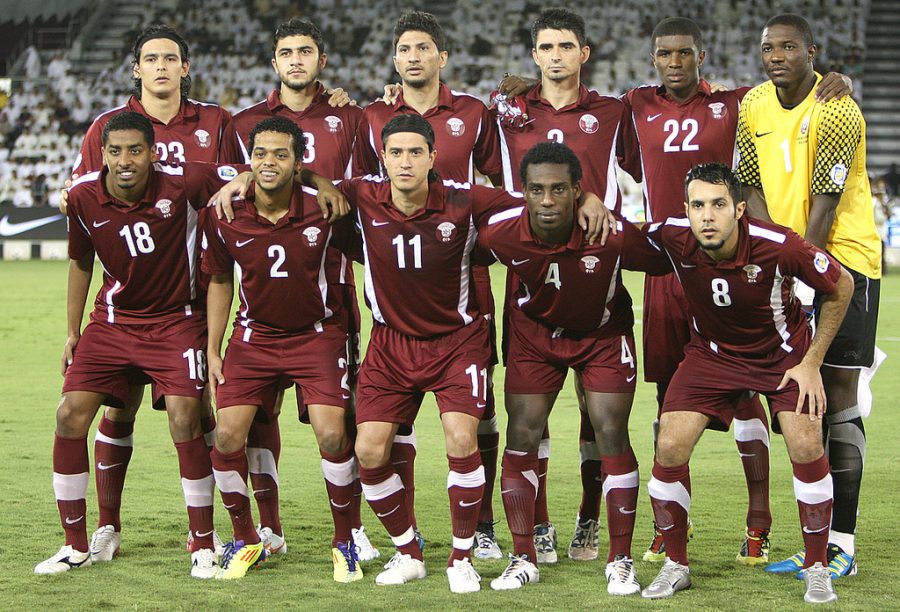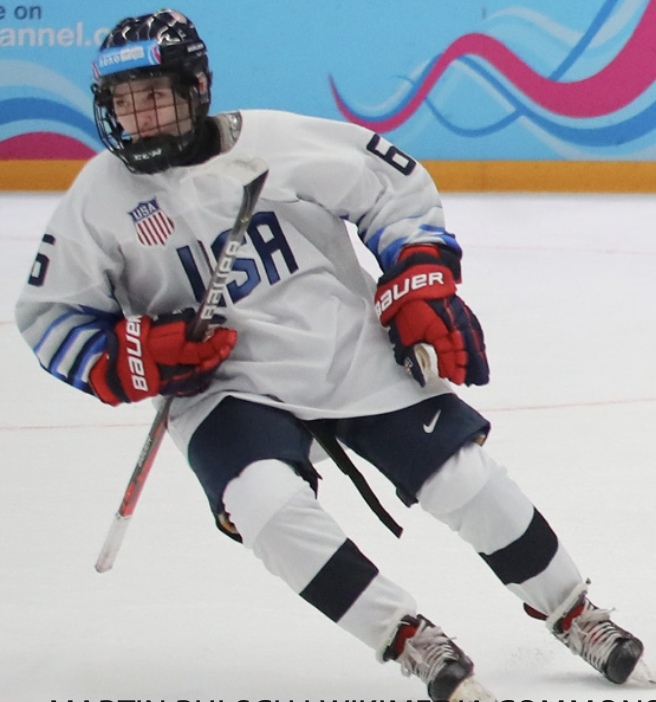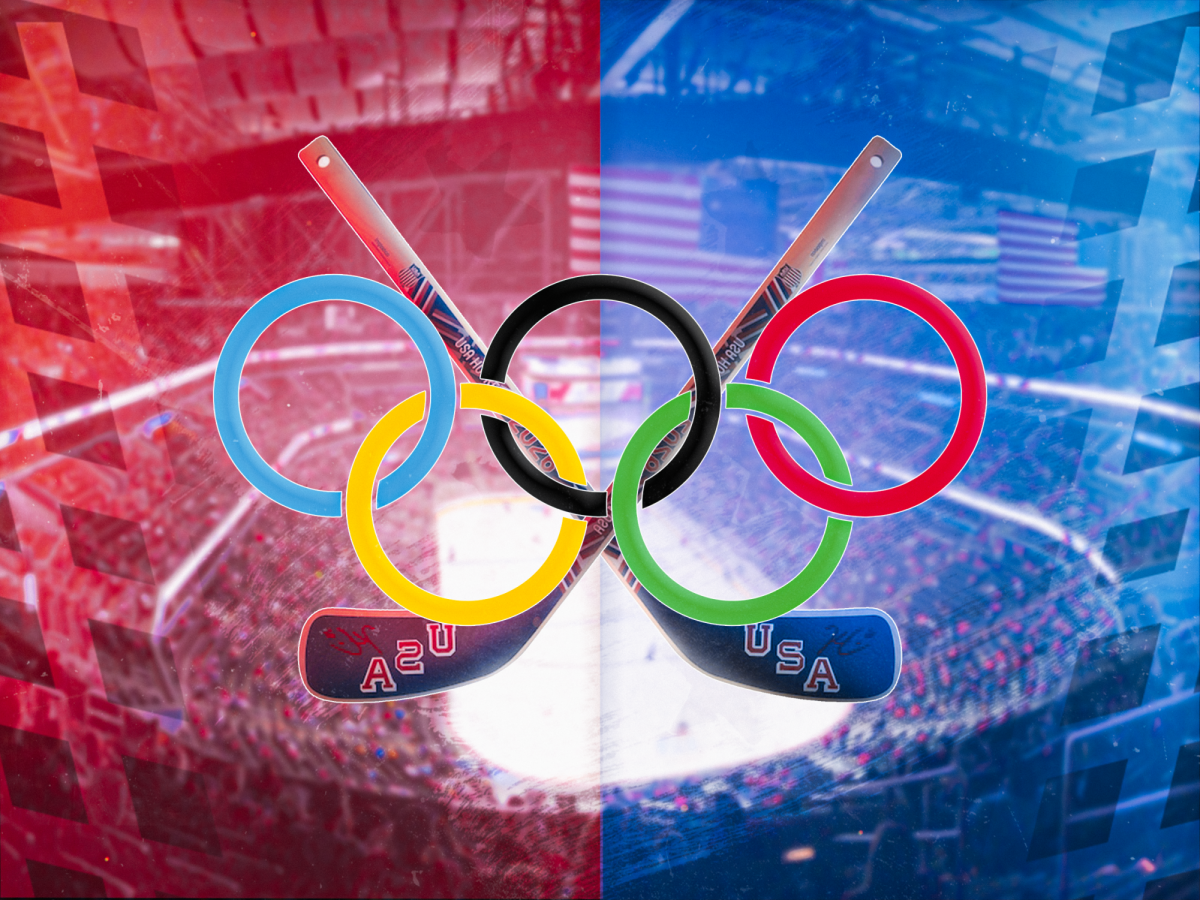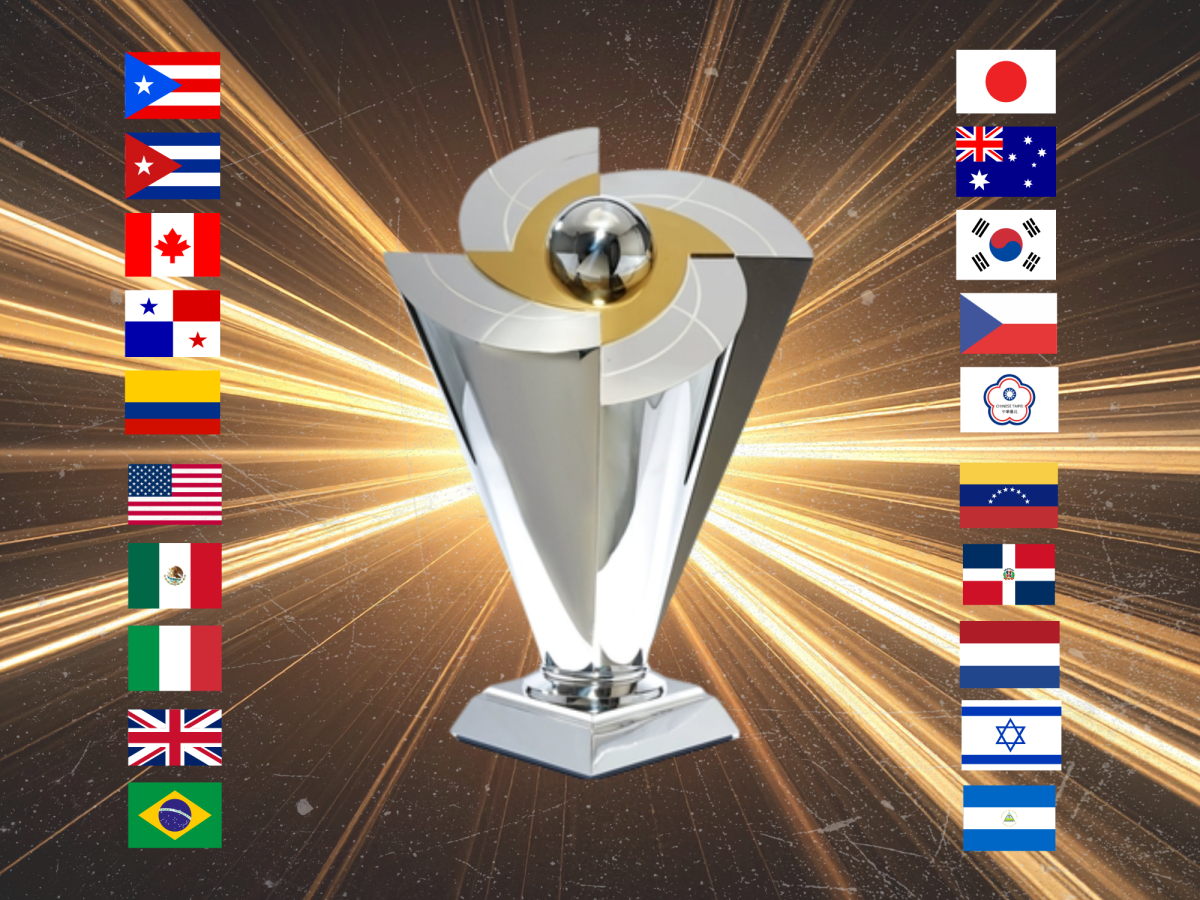In Abu Dhabi, United Arab Emirates, where Qataris were not allowed to enter because of the Saudi-led blockade imposed around the Arabian Peninsula, the Qatar national soccer team dominated Japan, the continental giants in the past three decades, and won the AFC Asian Cup for the first time, becoming the ninth nation to win the Cup.
Qatar, with stars like Almoez Ali and Akram Afif, had been impressive throughout the tournament, scoring 19 goals and only conceding the solitary goal in the final.
However, the team was under scrutiny with questions over the eligibility of two players: the tournament’s top scorers, Ali and Bassam Al-Rawi.
Ali opened the game with a stunning overhead kick. Afif set up for the Sudan-born striker to score his ninth goal of the tournament, surpassing Iranian legend Ali Daei’s record at the 1996 AFC Asian Cup that was hosted, coincidentally, by the UAE as well.
Abdulaziz Hatem, who had scored the decisive goal against South Korea in the quarterfinal, conjured up another long-range shot, this time a curling shot to the far side. Unfortunately, Shuichi Gonda, Japan’s goalkeeper, was unable to reach the ball. In the 35th minute, Hassan Al-Haydos had a chance to extend the lead and completely render the Japanese hopeless to come back when he hit a shot at the post after Pedro Correia’s shot ricocheted off Yuto Nagatomo.
Starting from the second half, Japan began ratcheting up the pressure on Qatar, but the Maroons — a nickname of the Qatar national soccer team — always closed down quicker than any of the Japan players, which allowed them to turn and hold on to possession.
It’s at this sort of time that Hajime Moriyasu, the Japan head coach, must’ve been wondering if he should have played Takashi Inui — who had played well in the World Cup but did not play much after moving to Real Betis — or selected Shinji Kagawa for an option that could create a spark in the attack.
Yuya Osako laid off a blistering through-ball from Tsukasa Shiotani for Takumi Minamino to chip over the goalkeeper in close range to cut the deficit in half in the 69th minute.
In the ensuing minutes, Japan played more aggressively, but the Qataris always found a way to stem the attacking flow and Saad Al Sheeb, the Qatar goalkeeper, barely had to make a save even though the defense in front of him was more unsettled without Boualem Khoukhi, who was injured with an hour on the clock.
With 10 minutes left in the regulation, the video assistant referee ruled that Maya Yoshida handled the ball in the box during an air duel. Afif killed off the game for the deflated Japanese.
“It’s a bit painful, but we have to learn from this defeat,” Yoshida, the Japan captain, told Mani Djazmi of the BBC after the game. “After conceding two goals, it was really difficult to come back.”
Yoshida, based in Southampton F.C., further insisted that the trip was rendered “nothing” because the lofty expectation in Japan and he, like other Europe-based players, had to leave their club in the middle of the season for the tournament.
It was also the first expanded format of the Asian Cup that consisted of 24 teams, adding to the workload for the participants.








